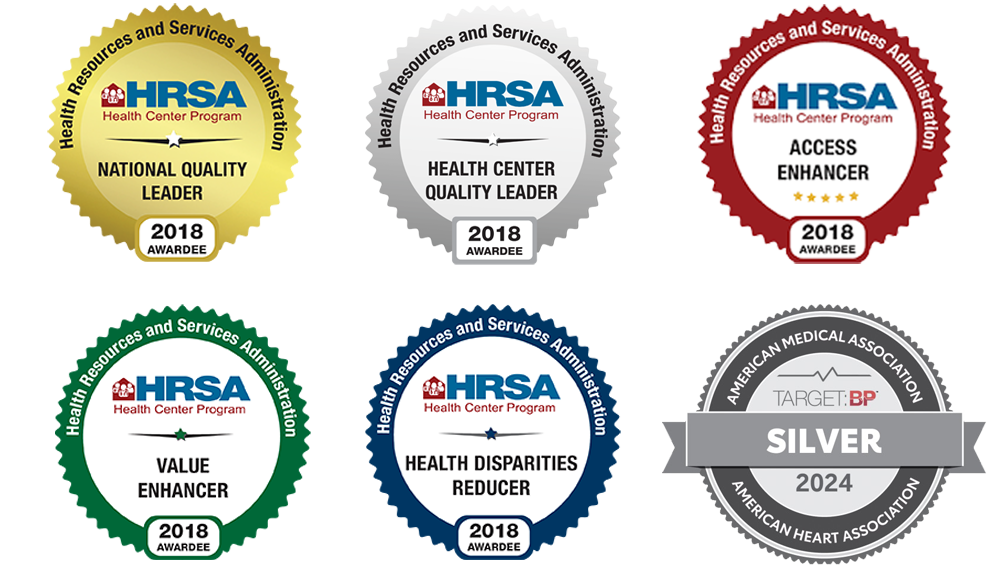It's Hurricane Season... Are You Prepared?
Hurricane season runs June 1 through November 30. Don’t be caught without your prescription medication during an emergency. Consider keeping a 30-day-supply of your everyday prescription on-hand to eliminate long pharmacy wait times and potentially higher prices at competing pharmacies when disaster strikes.Click the link to view the City of New Orleans' NOLA Ready: Guide to Hurricanes for a list of things to consider, such as medical documents, identification, transportation and more, as you prepare for an emergency.
Didn’t plan ahead? Don’t panic. In the event of an emergency, DePaul Community Health Center patients may contact the emergency hotline at 1-866-820-7727 for prescription related matters. During an emergency, additional information regarding health center closures, etc. will be available on this page, Facebook (@DePaul Community Health Centers) and Instagram (@DePaulCommunityHealthCenters).
Emergency Preparedness
Patients may also call our emergency hotline at 1-866-820-7727 for more information.Patients are also encouraged to utilize the City of New Orleans' Smart911 App. Patients can add their medical information to Smart911, especially if they have a disability, rely on electricity-dependent medical equipment, or if they have mobility needs. This will enable you to receive customized alerts and resources that may be available during all types of emergencies.
Other Potentional Emergency Scenarios
City of New Orleans Hurricane Evacuation GuidelinesAn evacuation notice will be issued when a hurricane is forecast to present a danger to the Greater New Orleans Area. The notice to evacuate will be issued, depends on the landfall probability in this area and also on the speed and severity of the storm. In the event of a Category 3 Hurricane the Mayor of the City of New Orleans will institute the City Assisted Evacuation Plan (CAEP). The CAEP is a program designed to help people who have no means of evacuation of their own.
Alert & Notifications:
The local and/or national media will be the primary source of information regarding pending emergencies.Below are some basic steps to respond to more common emergency situations:
Medical Emergency
• Call 911 immediately.• Do not move the person unless he or she is in danger.
• Avoid leaving the person except to summon help.
• Render first aid or CPR if you are trained and qualified.
Fire
• Manually activate the fire alarm.• Immediately exit the building and close the door(s) behind you.
• Tell others in the area that there is a fire.
• Call 911 when you have reached safety.



